Engagement
Designing the NHS-embedded Generation Study
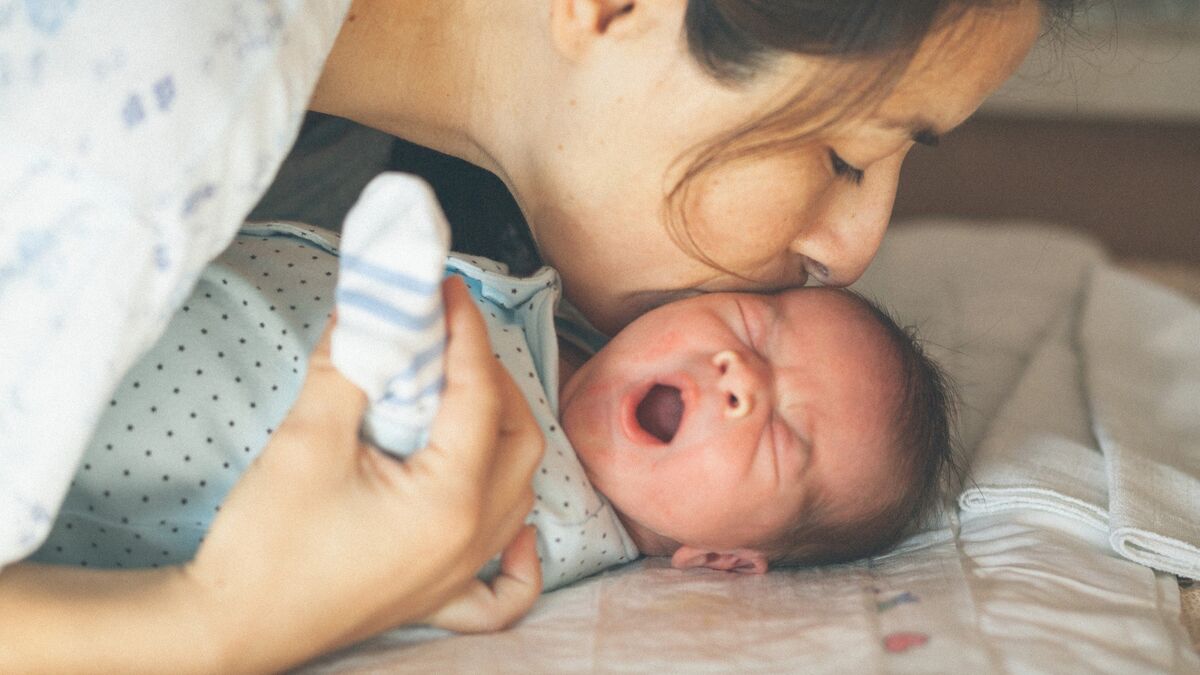
Our engagement so far
Since the Newborn Genomes Programme was formed in 2021, we have been committed to consulting with, and involving, a wide range of people so that we can understand their ambitions, questions, and concerns about the Generation Study.
We have been doing this through a range of approaches, including user-research to co-design our study and develop our materials collaboratively, discussing our work with different communities, and using public dialogue and engagement methods to explore specific topics or questions.
This is in the hope of demonstrating how the programme has been shaped for its audience and making sure their needs are at its core and continues to be this way.
Exploring issues through public dialogue
Public dialogue on the implications of whole genome sequencing for newborns
In 2021, Genomics England and the UK National Screening Committee commissioned a public dialogue to explore the implications of whole genome sequencing for newborns. A diverse group of 130 members of the public took part – including people with genetic conditions, new or expectant parents, people from minoritised backgrounds, and young adults. A report and recording of the dialogue are available.
The dialogue indicated broad but conditional support for the study. Participants expect us to involve the public meaningfully in our planning, and make sure that the right resources, investment, and safeguards are in place before the study begins.
Co-designing our study
User design researchers in our team have worked closely with parents, expectant parents, and NHS staff to design the Generation Study. This has happened from the very start (2021) where they helped us shape the programme, to now where they are helping to test and improve our designs.
This includes frequent interviews with small groups of parents to focus on specific aspects of our study – for example, its consent model and how to talk about genomic newborn screening. We have also worked with parents to develop participant information materials for our study, so that we can ensure that those materials take into account their views and lived experiences. This co-design work was integral to us receiving Health Research Authority approval to run our study.
Some examples of how we have improved our study through co-design include, adapting our branding to align with those typically used in maternity settings and understanding when and how to approach expectant mothers about the study and how to design our introductory video.
We also worked with Involve to develop a set of principles to guide decision-making on the conditions our study will look for in the babies who take part. Through co-design workshops with members of the public, people with experience of rare conditions, healthcare professionals, and researchers, and an open public survey, a consensus was reached on four principles. For more information, see the ‘How we choose conditions’ area.
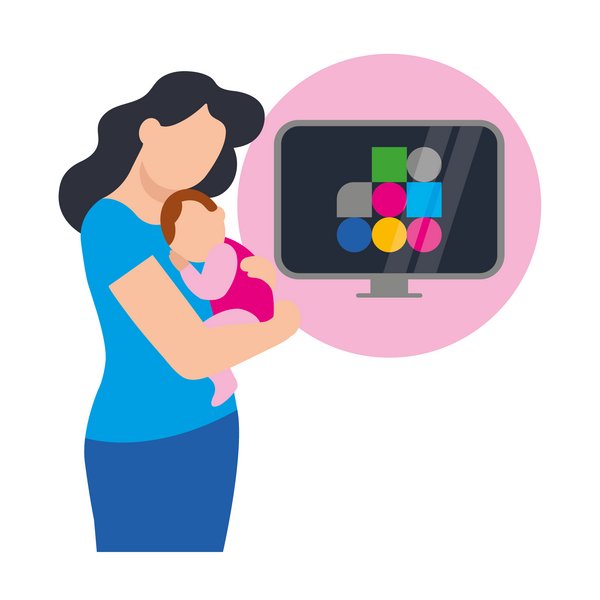
Working with minoritised groups
In July 2022, we held a workshop with The Motherhood Group to understand 37 Black mothers’ views around our study. Participants made a series of recommendations set out in a report by The Motherhood Group, including encouraging us to explore outreach events in communities, and to co-design study materials with people who understand the context of minoritised communities, such as grassroots groups. They also urged us to carry out further engagement research to understand cultural barriers to participation among Black communities.
Using dialogue methodology, we focused further on the views and concerns of minoritised communities in early 2023, when we commissioned Basis Social to interview and run workshops with 25 ethnic minority community leaders to better understand how to design and communicate the Generation Study inclusively. A report of the dialogue provides further information on leaders’ views.
Timescales for the dialogue meant that it was limited to engaging with leaders from 5 communities (Black African, Black Caribbean, Indian, Pakistani, and Gypsy, Roma and Traveller). However, the insights from this work have been essential in enabling us to begin to understand the potential participation barriers that may be faced by members of these communities, and how we can work to address these. We are committed to taking forward these learnings and are continuing conversations with how we approach awareness of our study with our partners, the NHS, and community groups in areas where our study is recruiting. We will continue to update this section with our progress.
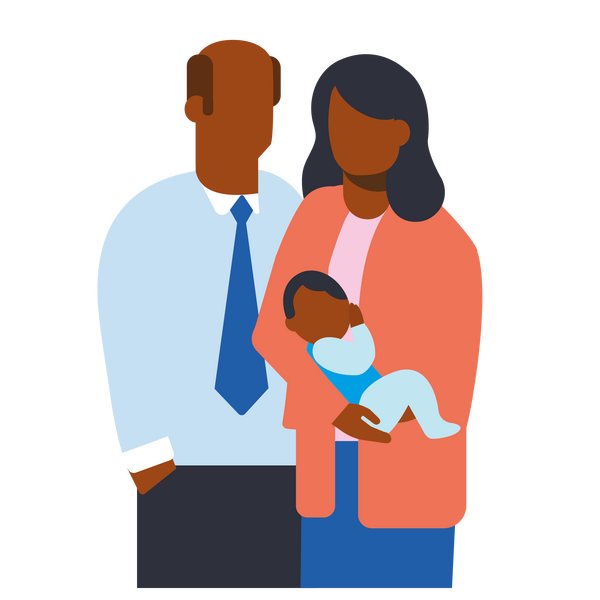
Public standing group
Between January and March 2023, we piloted our initial Public Standing Group on ethics. During the pilot, the 18 members (all of whom took part in the 2021 dialogue) gave their views on a range of ethical issues, including how the Newborn Genomes Programme should communicate with families who participate in the Generation Study. A summary evaluation of the pilot is available to download.
The group’s contributions were novel and informative, and as a result we have invested in running the group for a further year. Over the course of six meetings, the groups focus will be on understanding the potential risks, benefits, and broader implications of storing a baby’s genome over their lifetime. Members include people who took part in the 2021 dialogue on the implications of whole genome sequencing for newborns; and the 2023 dialogue exploring discovery research with newborns’ genomes.
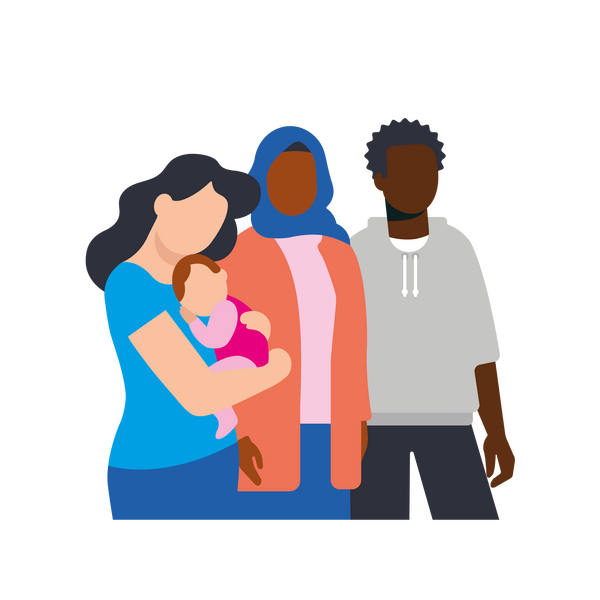
Interviewing experts
We have interviewed, and met with, several individuals and organisations with expertise across neonatal, genomic, and maternal healthcare – as well as people with lived experience of a rare conditions, parents, and members of the public through the dialogues highlighted above. Through working with these groups, we have been able to co-design the Generation Study’s delivery to ensure that the study is delivered with the interests and views of a wide range of people in mind.
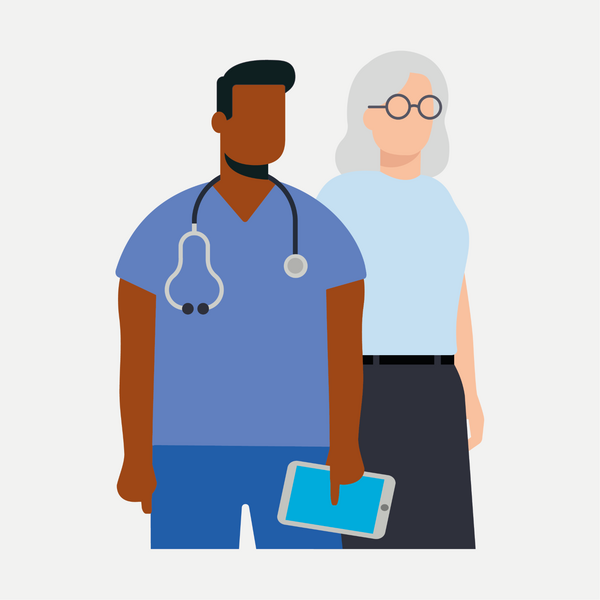
Further information
If you would like any other information about this engagement project or any other aspect of the Newborn Genomes Programme, please email us.